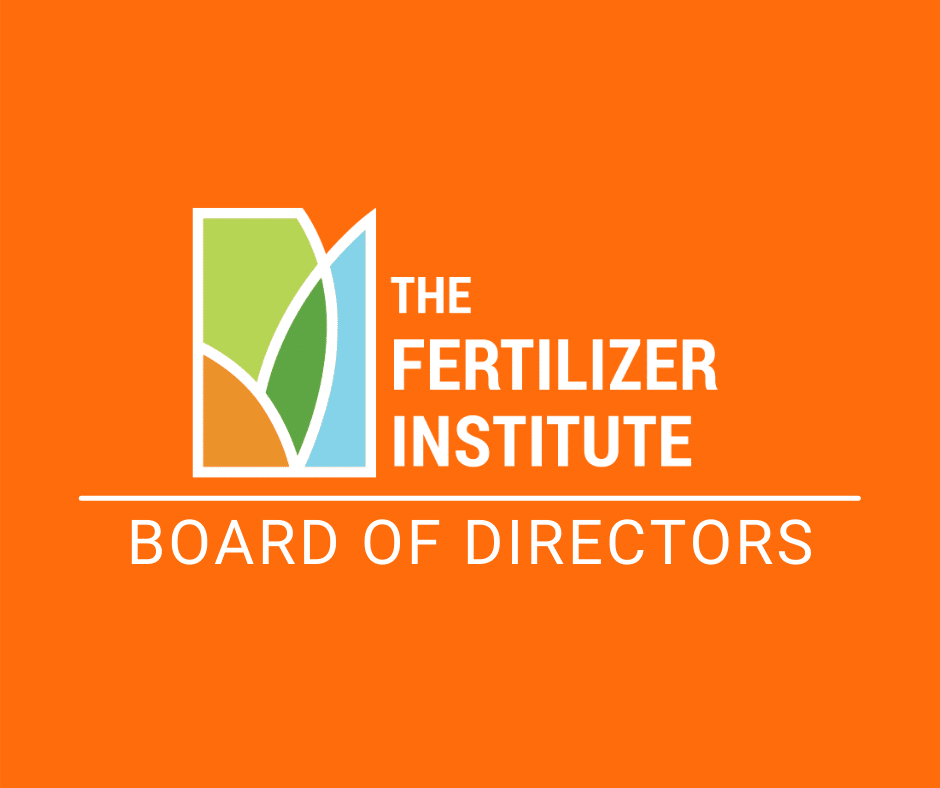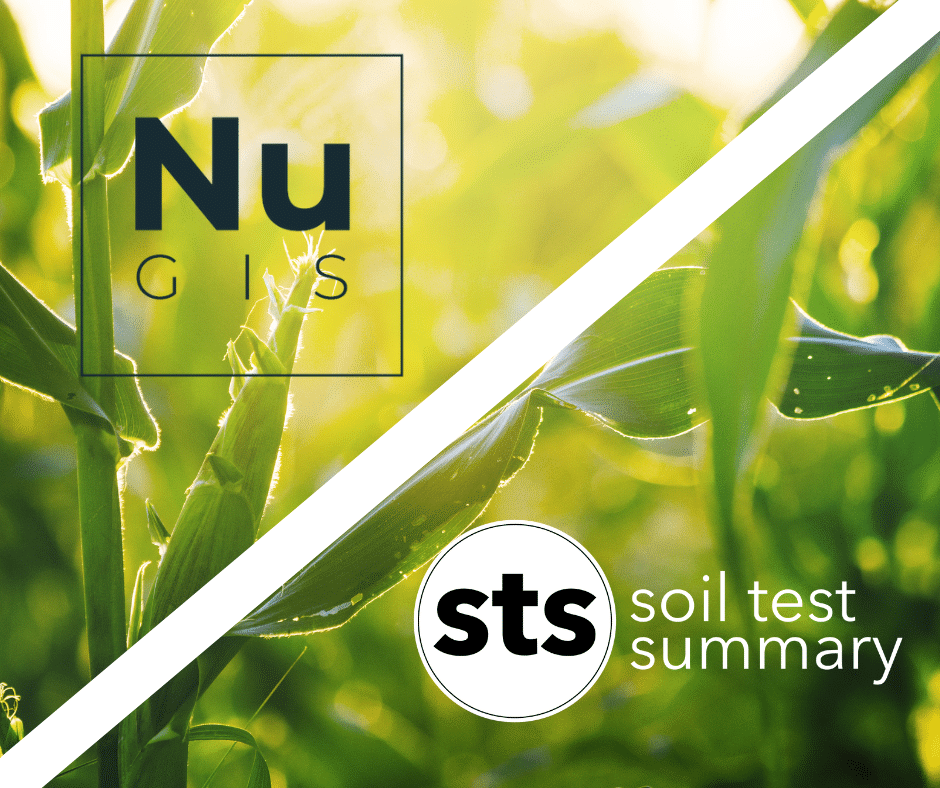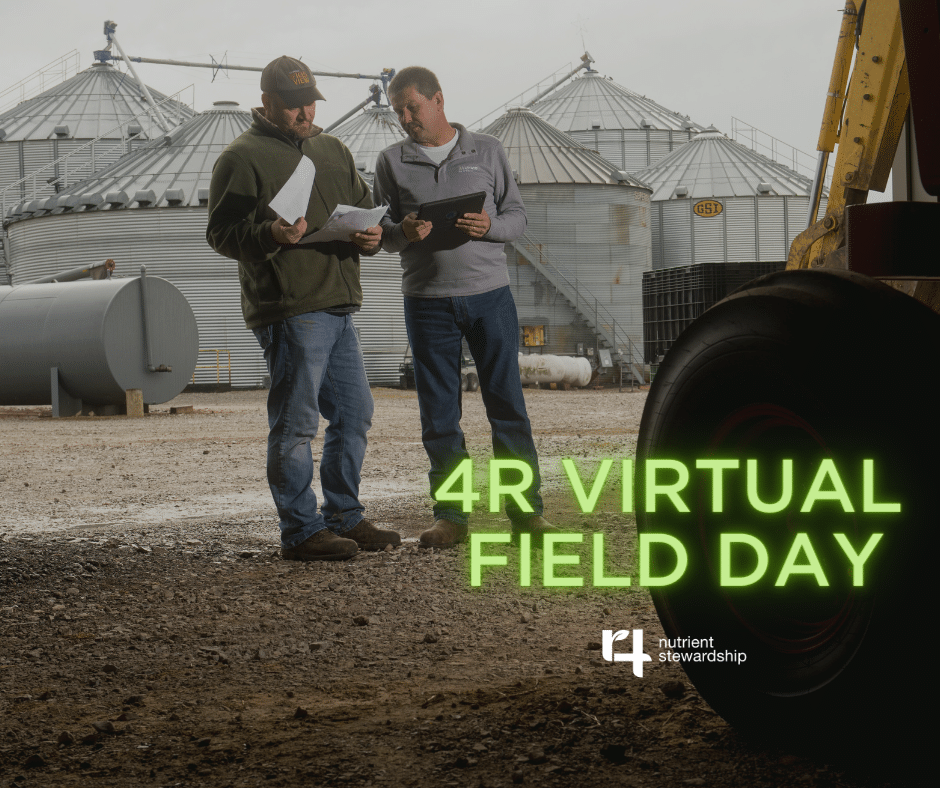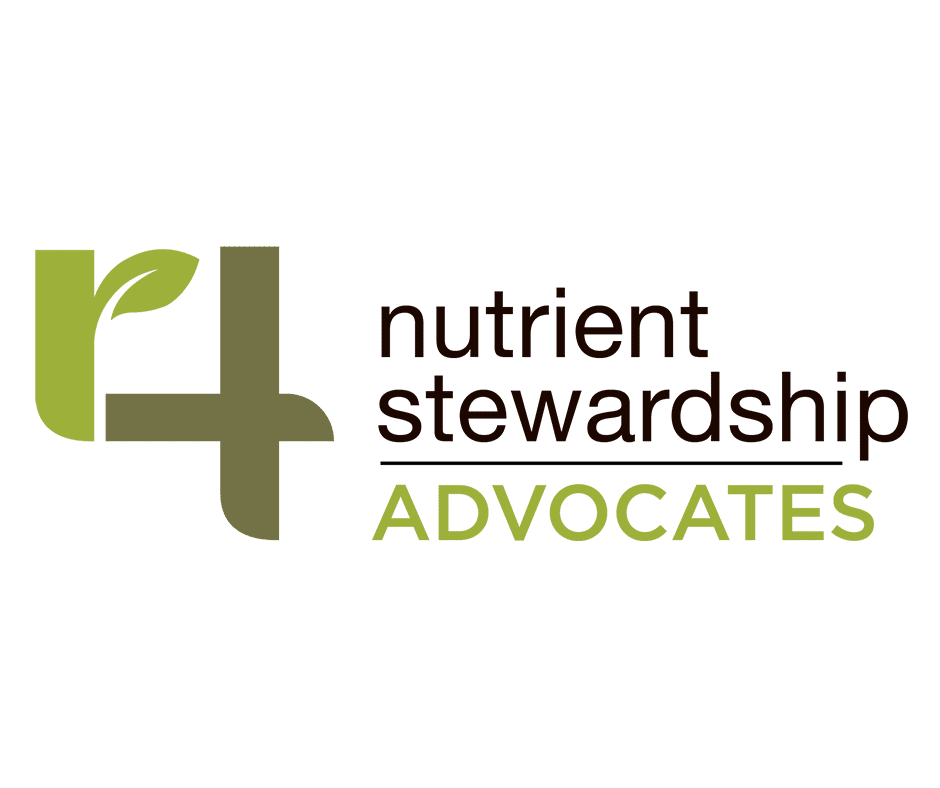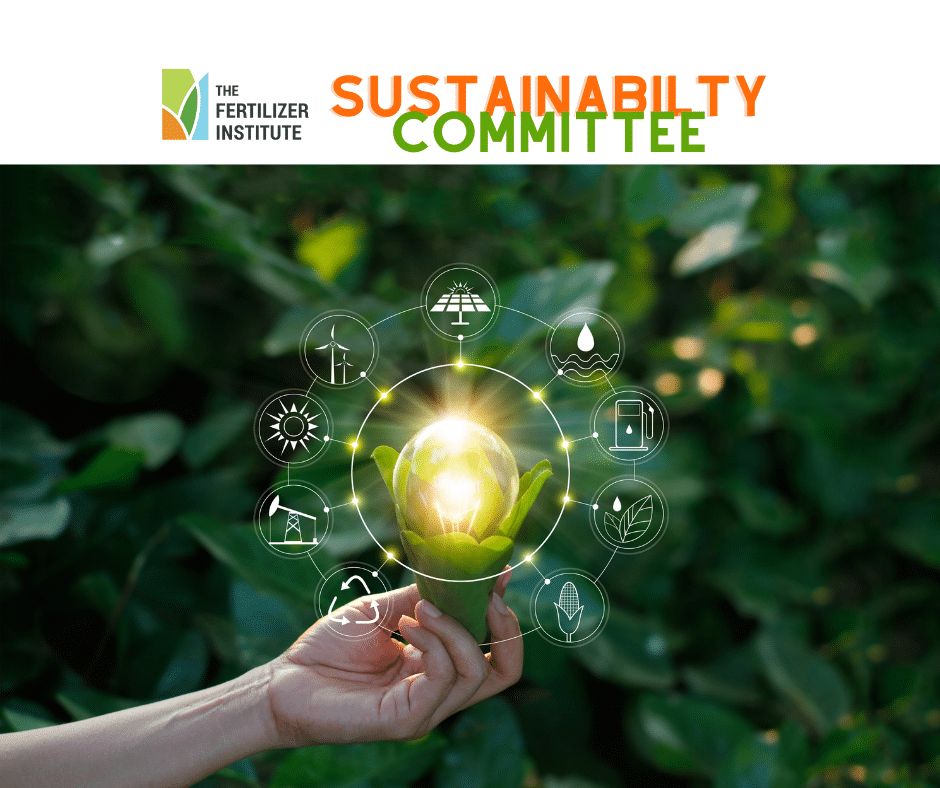Global Food Security – a Critical Issue
The following white paper was produced by the International Fertilizer Association:
What is food security? All people, at all times, have physical, social and economic access to sufficient, safe and nutritious food that meets their food preferences and dietary needs for an active and healthy life (United Nation’s Committee on World Food Security). (www.ifpri.org/topic/food-security)
What is the state of food security? Even before the covid-19 pandemic, the most recently available estimates of the United Nation’s Food and Agriculture Organization (FAO) published in 2019 indicated that nearly 690 million people, or 8.9 percent of the world population, were going hungry. Moderate or severe food insecurity rose between 2015 and 2019, affecting more than a quarter of the world population, women more often than men (http://www.fao.org/sdg-progress-report/en/).
A note on nutrition security, some 3 billion people cannot afford a basic healthy diet that contains all the essential nutrients for a healthy life.
What influences food security? Many factors go into food security – climate change and local weather conditions, agricultural policies, social customs, business models, access to market, technology and finance, post-harvest losses and more. Most fundamentally, it is the smallholder farms (some 90 percent of the world’s farms, according to the FAO) and the larger family enterprises that help feed a global population that is on track to reach 10 billion.
Farmers’ access to inputs such as fertilizers is vital for food security. There is a strong link between people’s nutrition and the amounts and types of minerals available in soil and plants. This is because plants are the primary source of nutrients for people and animals.
- Ideally, farmers can access a variety of plant nutrition solutions tailored to their specific sites. Fertilizers may be organic (e.g., manure), mineral (either natural or manufactured, and often imported from other countries) or organo-mineral.
-
Fertilizers provide essential macro- and micronutrients to plants, which in turn are passed on to people when consumed:
- Nitrogen. Nitrogen is an essential component of amino acids for building proteins, nucleic acids and chlorophyll which converts the sun’s energy into sugars. It is vital for plant metabolism, growth and health, which in turn benefits humans.
- Phosphorus and plants. Phosphorous is vital for energy storage and transfer and membrane integrity in plants. Particularly important in early growth stages, it promotes tillering, root development, early flowering and ripening.
- Phosphorus and people. Phosphorous is a component of bones, teeth, DNA and RNA. In the form of phospholipids, phosphorus is also a component of cell membrane structure and of the body’s key energy source, ATP.
- Potash (potassium) and plants. Potassium has major functions in enzyme activation, transpiration and the transport of assimilates (the products of photosynthesis). It helps plants retain water during droughts, provides strength to plant cell walls and decreases susceptibility to diseases and insects.
- Potash (potassium) and people. Potassium is vital for the proper functioning of cells, and muscles and nerves depend on it. Since potassium cannot be stored in the body, it must be continually replaced by foods rich in potassium.
For more information, see 19 Essential Ingredients for Improving and Protecting Plant Health, International Fertilizer Association (IFA)
When supplies are constrained not all remaining fertilizer producers can quickly scale up production and get inputs to distributors and farmers.
The production process for nitrogen-based fertilizers starts by pulling nitrogen from the air and reacting it with hydrogen to produce ammonia, with further steps leading to fertilizer products such as urea, ammonium nitrate and urea ammonium nitrate. As the nitrogen production process is energy-intensive, large volumes are produced in locations with access to hydrocarbon resources.
Phosphate and potash-based fertilizers are produced from mined ores. Mines can take months or longer to make changes in production, there is not always a quick way to bridge gaps in supply. It also takes several years to construct newbuild processing plants to upgrade the mined ores into finished fertilizer products. (Fertilizer Manual, 3rd edition).
All mineral fertilizer products have the potential to suffer supply disruptions. At the most local scale, markets with relatively few players such as potash can suffer disruptions as a result of a single mine or plant going out of operation or no longer having access to the market. In 2019, the top four potash exporters – Canada, Belarus, Russia and Israel – accounted for 85% of global trade volume (IFA: IFASTAT). Producer-level disruptions can occur as a result of technical issues, natural disasters, geopolitical tensions and other unforeseen factors.
In fertilizer markets with a larger number of players such as nitrogen and phosphate, events on a country and regional scale can still cause disruptions. In 2019, the top four urea exporters – Russia, Qatar, China and Egypt – accounted for 45% of global trade volume (IFA: IFASTAT). The top four exporting countries of DAP and MAP – China, Morocco, Saudi Arabia and the US – accounted for 79% of global trade (IFA: IFASTAT). Raw material supply interruptions, geopolitical conflict and trade barriers, among others, all have the potential to disrupt global trade and reduce the accessibility of fertilizers.
What can happen when farmers do not have access to inputs such as mineral fertilizers?
Farmers have to make choices and consider trade-offs every day. If mineral fertilizers are not physically available or no longer an economic option – either to use alone or in combination with other plant nutrients, and depending on what the plants, soils and local conditions need, and the time of year – the consequences can be serious for the farmers and society.
- Farmers need an adequate supply of nutrients in both soil and plants to ensure soil fertility, good crop yields, healthier plants that can better withstand adverse weather conditions and disease and crops that have good nutritional value.
- In part, food and nutrition security depends on better crop quality for human health and the health of livestock.
- Farmers’ livelihoods can be precarious and vulnerable to disruptions to their productivity such as problems with inputs such as fertilizers and seeds. This is particularly important for smallholder farmers.
Governments across the globe designated fertilizer as an essential good in the early part of the Covid-19 pandemic, an indicator of its vital role in the agriculture value chain, and they should continue to do so.
- The UN’s FAO reported in June 2021 that global food prices have risen for the past 12 months to reach the highest in almost a decade in May and freight costs have also increased.
- FAO also reported that the cost of importing food is set to rise by 12 percent to $1.72 trillion globally led by increases in grains, vegetable oils and oil seeds.

